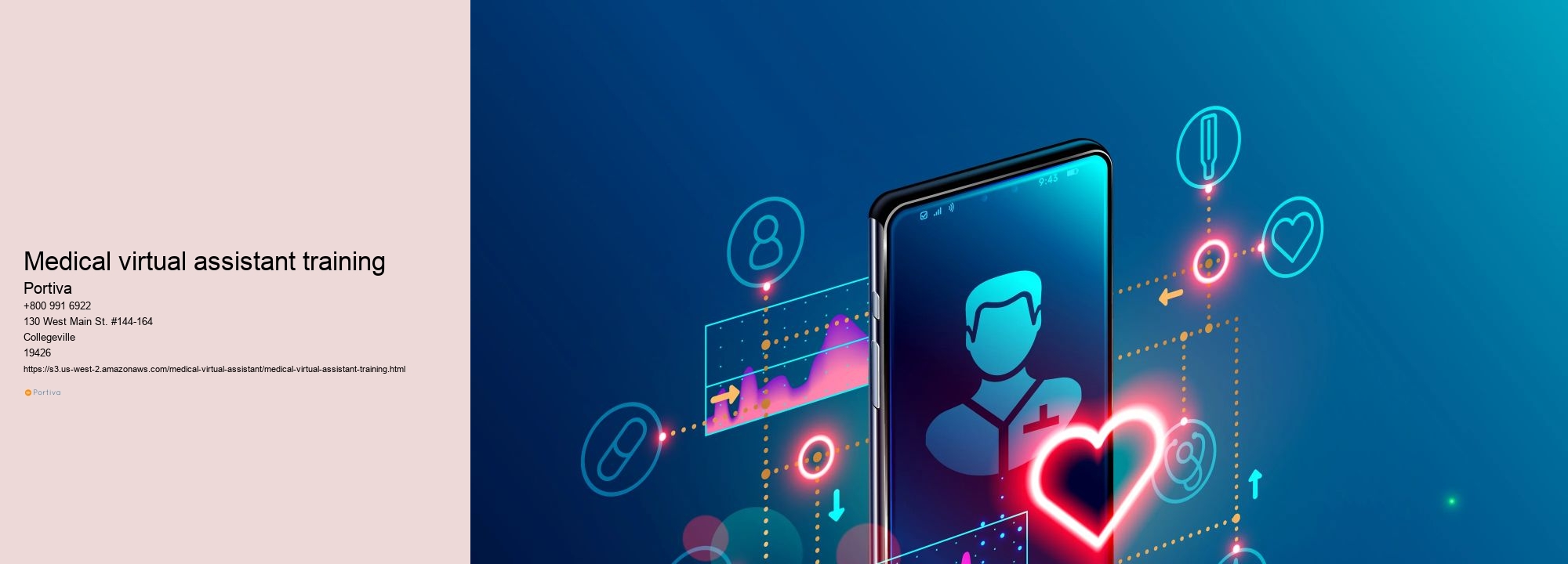Virtual medical assistants with extensive training and experience are available from Cyberbacker. The duties of a medical virtual assistant, their non-voice services, and the qualifications and abilities you must possess to work in this field will all be covered in this essay. Success in the constantly changing healthcare industry depends on MVAs having excellent technical and medical skills, as well as communication, organization, and time management abilities. To become a successful virtual assistant, you need to have:• Adaptability: The healthcare industry is rapidly evolving, and as a virtual assistant, you need to be able to adapt to new technology, software, and methods. You must also be dependable, self-sufficient, and have good time management skills. While virtual assistants may not work onsite, they still have to deal with patient data, making their familiarity with HIPAA regulations and other protocols critical. Your workload can be reduced by a virtual medical assistant, allowing you to devote more time to giving your patients high-quality care. Medical virtual assistants (MVAs) are professionals who work remotely and collaborate with healthcare practitioners to improve patient care outcomes. You should have solid medical knowledge and experience, strong communication and organizational abilities, and a high level of accuracy and attention to detail if you want to succeed as a healthcare virtual assistant. Successful MVAs must possess a strong background in medicine and technology as well as good interpersonal, organizational, and time management abilities. Good communication helps build trust, establish rapport, and ensure a seamless flow of tasks.• Attention to detail: Medical documentation requires precision, accuracy, and attention to detail.
medical virtual assistant training
